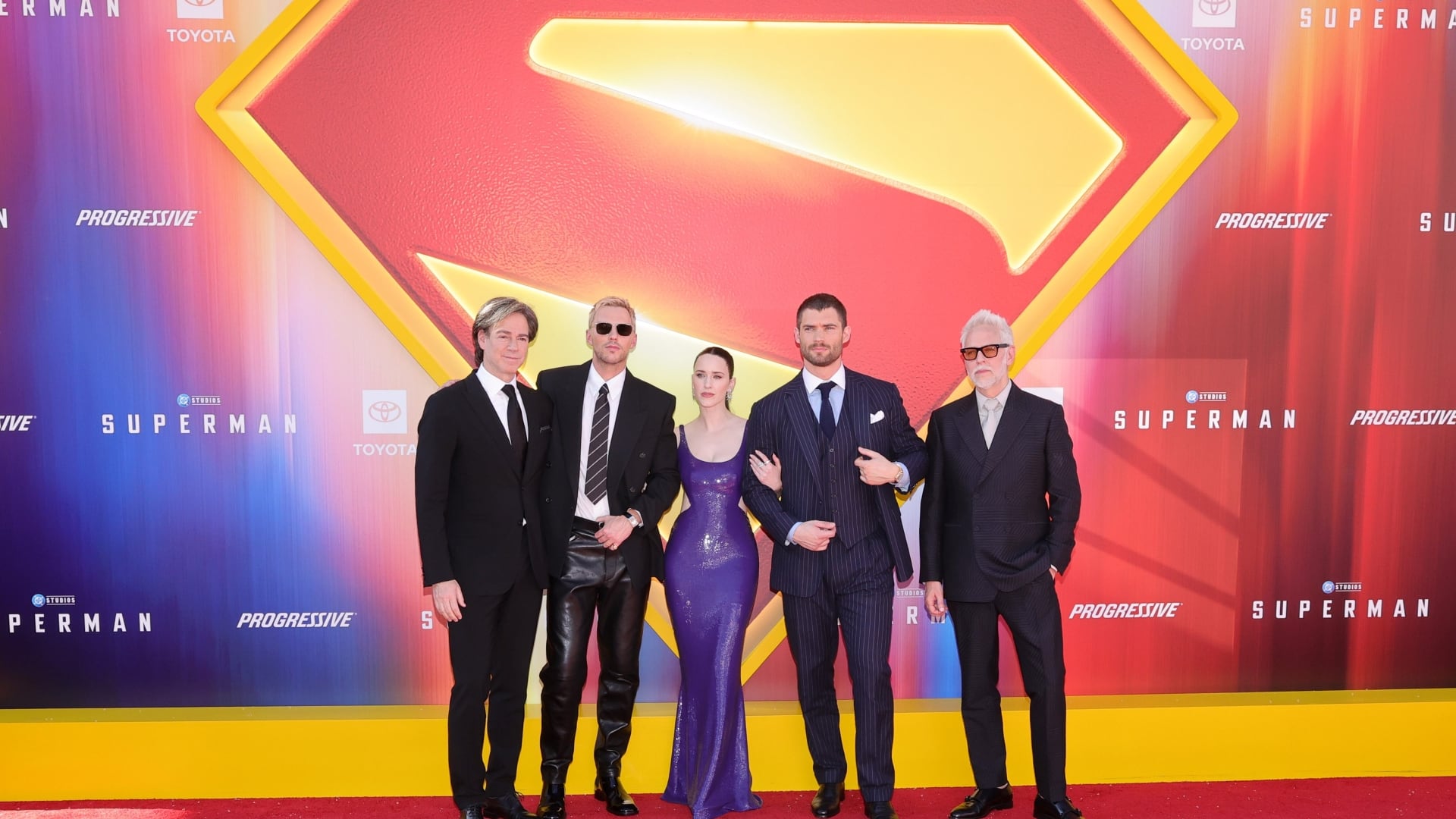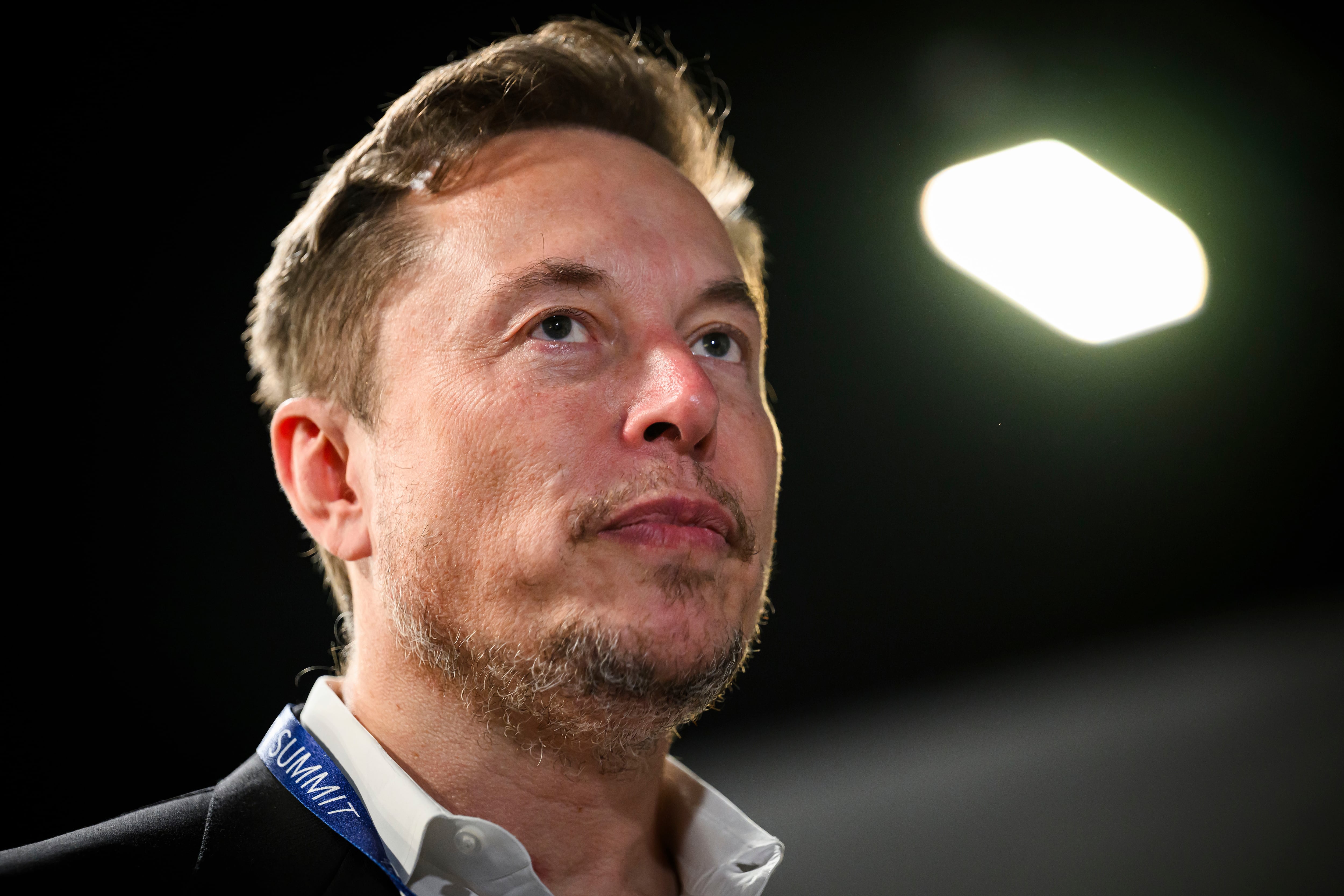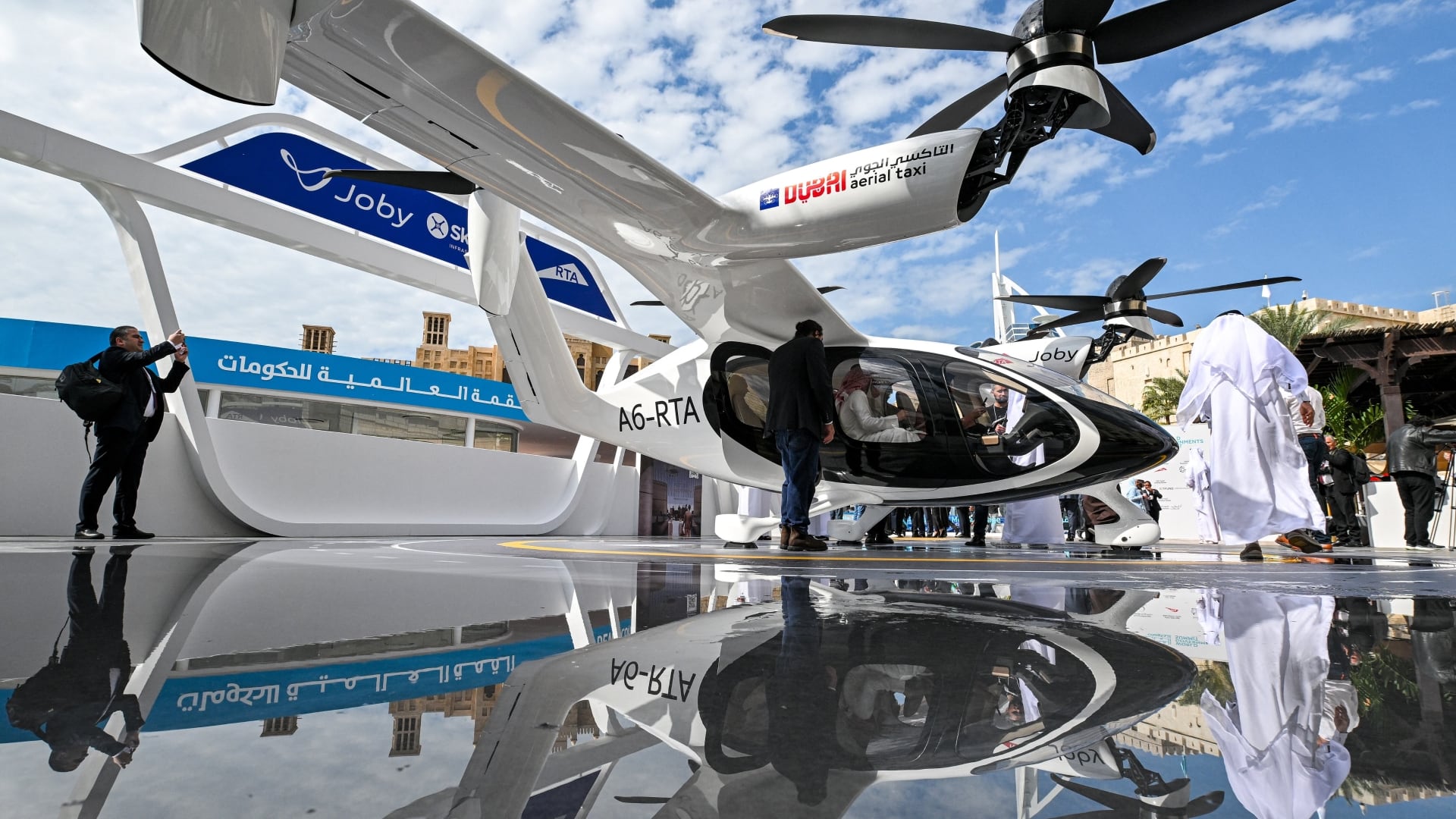For car-sharing companies like Zipcar, the coronavirus pandemic has created an existential dilemma for their business model. On the one hand, the idea of driving a car that was just used by a complete stranger may be a non-starter for customers worried about infection. On the other, it beats public transit.
As the pandemic took hold in the U.S. in March, GM hit pause on Maven, its experiment in the car-share space, before shutting it down for good last month. But Zipcar, which is now a sort-of elder statesman of the new mobility sector, sees opportunity amid the crisis. Last week, the company, a subsidiary of Avis Budget Group, announced it would make it easier for customers to access its fleet of cars without having to go through a sign-up process. The feature, dubbed Instant Access, allows licensed drivers to snag an available car within minutes.
"It's so easy," said Zipcar President Tracey Zhen in an interview on Cheddar Tuesday. "You just need a selfie, a credit card, and a driver's license, and it's off you go."
After uploading a selfie and a photo of your license to the app to prove your identity, Zipcar will let drivers book, unlock, and start the nearest car via the app. The entire process takes a "matter of minutes," Zhen said. She noted that shortening the time it takes for customers to book a vehicle has regularly been among its users' most-requested features.
The company is also introducing Dedicated Zipcar, a service that Zhen said is particularly suited to the pandemic. It lets customers book a specific car for a set period of days, for a monthly fee.
As more states and cities loosen their stay-at-home restrictions ahead of what is normally the busiest driving season of the year, Zipcar is hoping that it can attract cooped-up urban dwellers who don't own cars but are looking to get out of town for a day or week. The company's biggest challenge with that bet may be that that potential pool of customers is shrinking: First-time car buyers are on the rise around the world, likely due to increased concerns over the safety of public transport.
On the BMW earnings call last week, the CEO of the German automaker said: "At the moment, we are seeing that people would rather take their own car. But we can't predict today whether this is going to last." Volkswagen's CEO said 60 percent of its sales in China last month were from first-time car buyers.
Still, it remains to be seen whether that trend could harm the long-term prospects for a company like Zipcar. For now, Zhen said, car-sharing has proven to be an essential service that's helping customers run errands and visit family when they otherwise would have to rely on public transportation.








